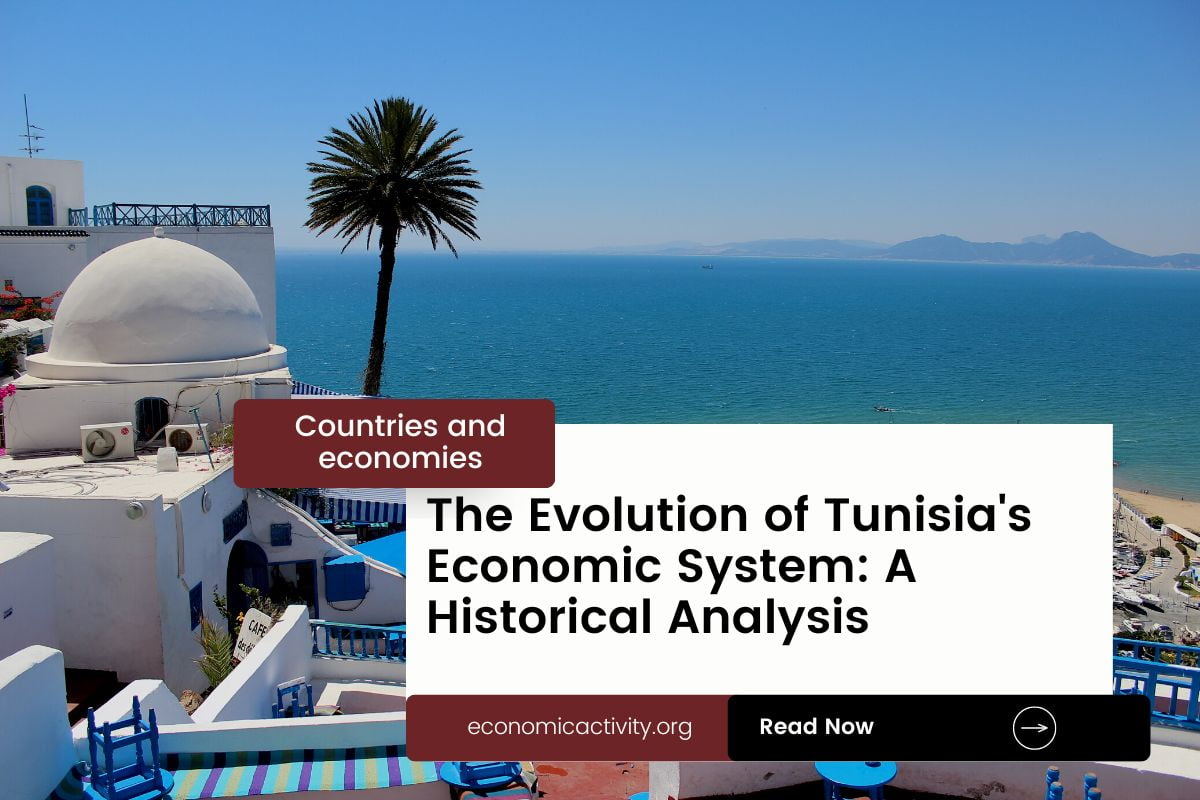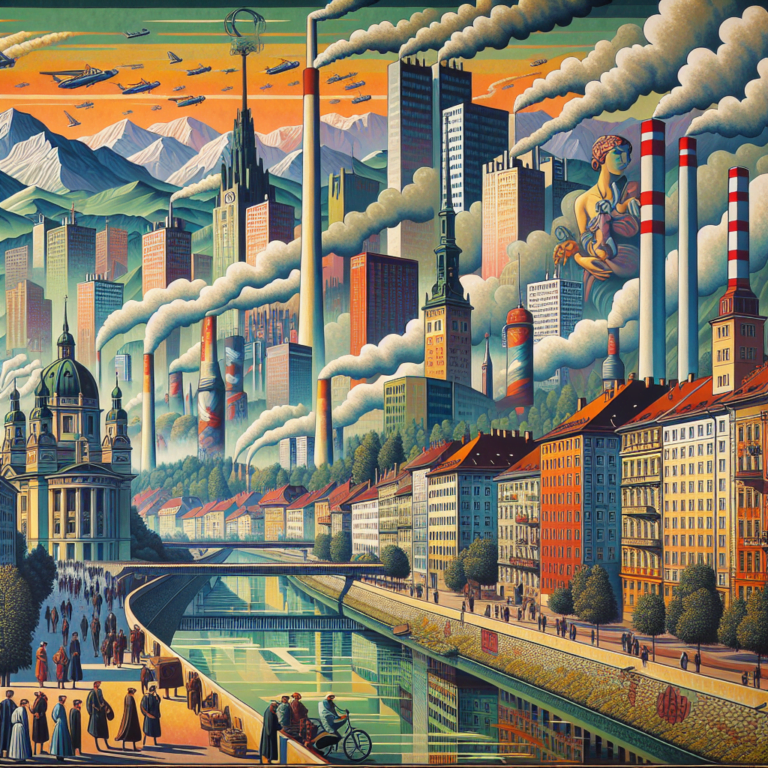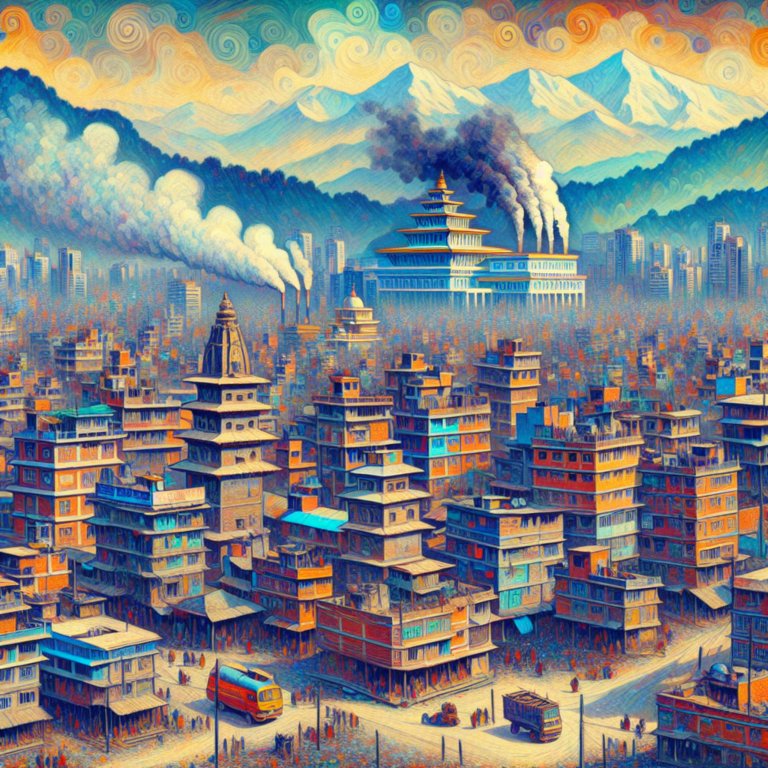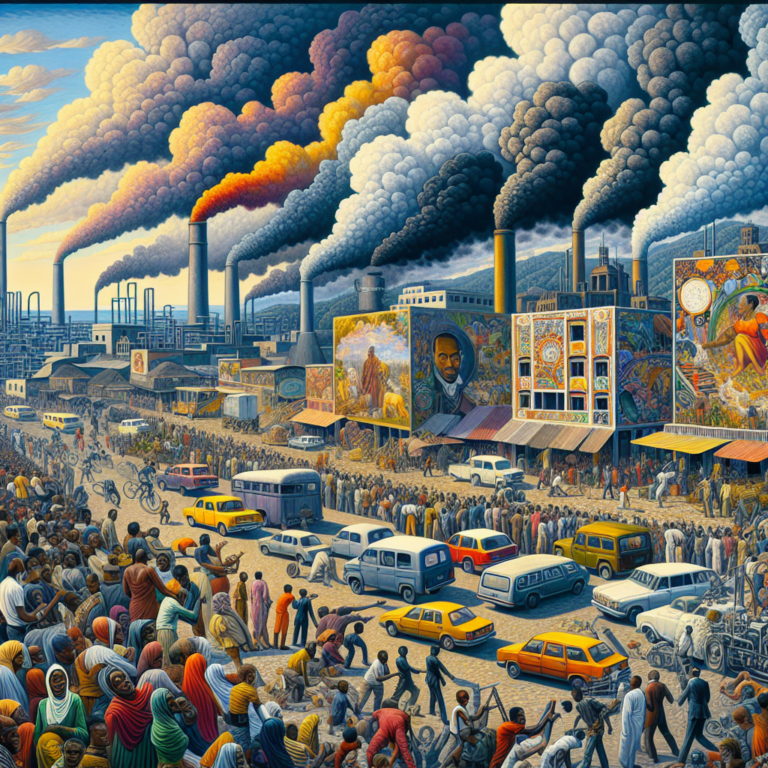What is the economic system of Tunisia? The economy of Tunisia is based on a mixed economy. The country’s economic system combines elements of a market economy and a planned economy.
Tunisia’s economy is diverse, with important sectors including agriculture, mining, manufacturing, and services. Major exports include textiles, agricultural products, and petroleum. The country is also known for its tourism industry, particularly its Mediterranean beaches.
In Tunisia, the economy is composed of a private sector, consisting of individuals and businesses that make autonomous decisions based on self-interest, and a public sector, where the state determines the production and distribution of certain goods and services. No country is purely capitalist or purely communist.
What do the freedom indexes tell about the economic system of Tunisia?
Now, to determine if a country is mostly a market economy or a planned economy, it is useful to examine some economic indexes. For instance, according to the 2022 Index of Economic Freedom, which measures the ability of every human to control his own labor and property, Tunisia is ranked 128th globally and 10th in the Middle East and North Africa indicating that the country has a mostly unfree economy.
In a similar way, the 2022 Freedom House index evaluates the state of political rights and civil liberties globally. Generally, market economies tend to align more with democracy and freedom, while command economies tend to be characterized by greater state control and fewer democratic and civil liberty protections.
Tunisia gets a score of 64/100, which qualifies it as Partly Free. Tunisia is considered to have a government that does not control what people do, and people can make their own economic decisions, but it is only considered an electoral democracy, lacking full liberal democratic protections.
What do the biggest companies in Tunisia say about the country’s economic system?
The biggest company in Tunisia should also be looked at, as well as whether it is a state-owned or private company. In this case, Pharmacie Centrale de Tunisie is a leading pharmacy chain offering a wide range of health and beauty products.
Pharmacie Centrale de Tunisie, also known as PCT or the Central Pharmacy of Tunisia, is a 100 percent public company that operates under the supervision of Tunisia’s Ministry of Health. Source
It shows how the government control or has a direct influence on the biggest companies in the country.
The historical factors that have influenced the economic system of Tunisia
The mixed economy system of Tunisia is the consequence of colonial history, its post-independence economic policies, and the global economic environment.
Colonial rule left Tunisia with a legacy of unequal economic development, while post-independence policies focused on state-led industrialization and import substitution. The global economic environment of the last century has also been characterized by increased economic integration and liberalization, which has further shaped Tunisia’s economic mixed system.





Leave a Reply